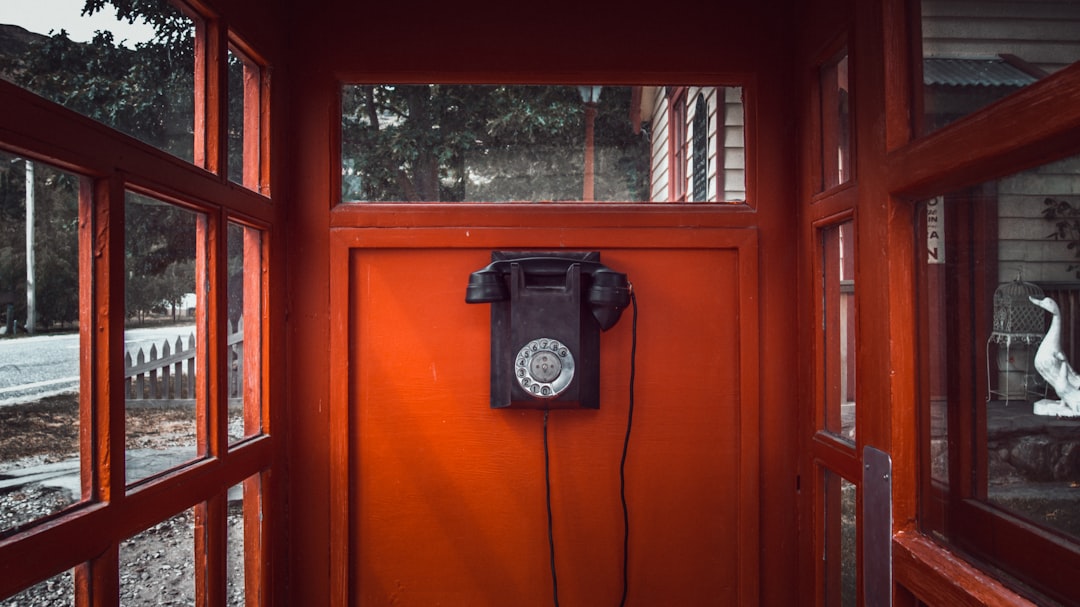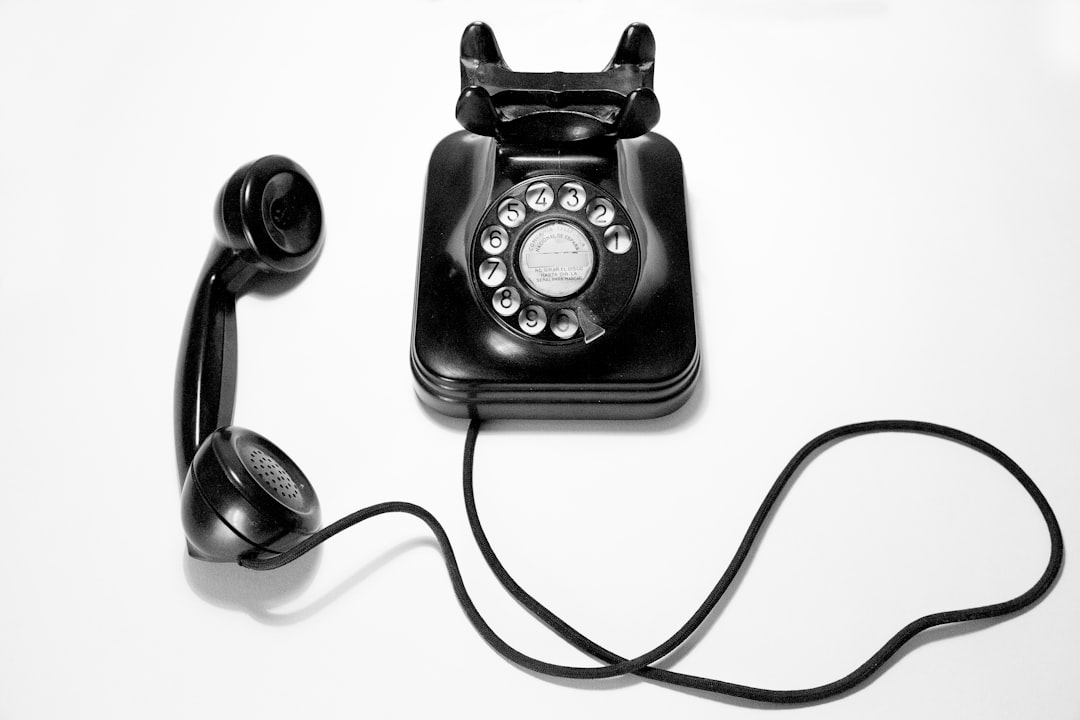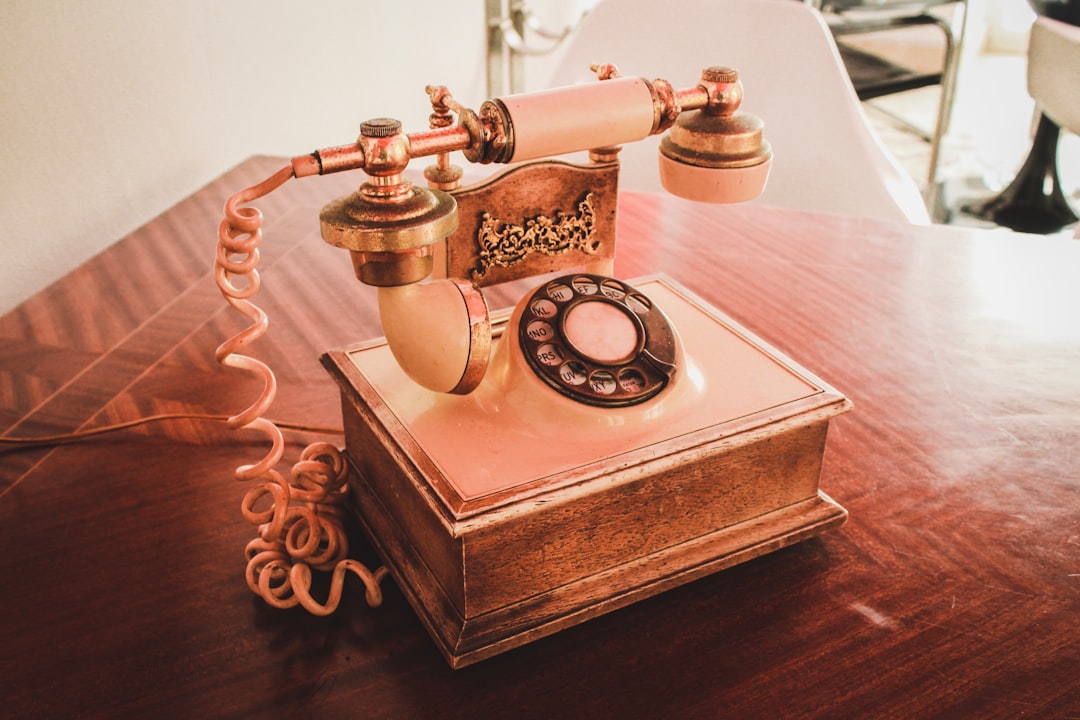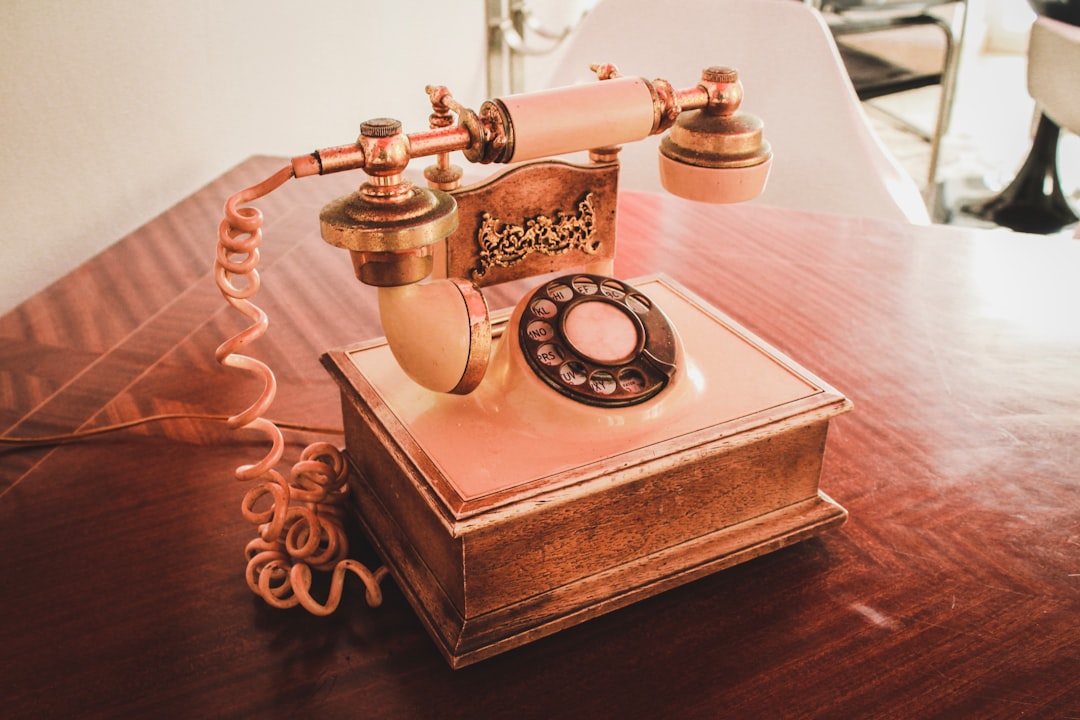Ohio's Do Not Call laws protect residents from unwanted telemarketing and charitable calls. Individuals and businesses must comply, with specific exceptions for lawyers and law firms advertising legal services. Residents can register their numbers and take action against violators with the help of a Do not call lawyer Ohio or attorney. Charities can engage in legitimate solicitations but must respect opt-out rights; excessive calls may lead to legal action.
In Ohio, navigating charity calls and do-not-call laws is crucial for both organizations and individuals. Understanding these regulations ensures compliance and protects consumers from unwanted solicitations. This comprehensive guide explores Ohio’s do-not-call rules, clarifying who they shield, what activities remain permissible, and the legal avenues available for violations. For those seeking redress or advice, discovering a do not call lawyer in Ohio or consulting with do not call attorneys Ohio can be pivotal in resolving such matters effectively.
Understanding Ohio's Do Not Call Laws
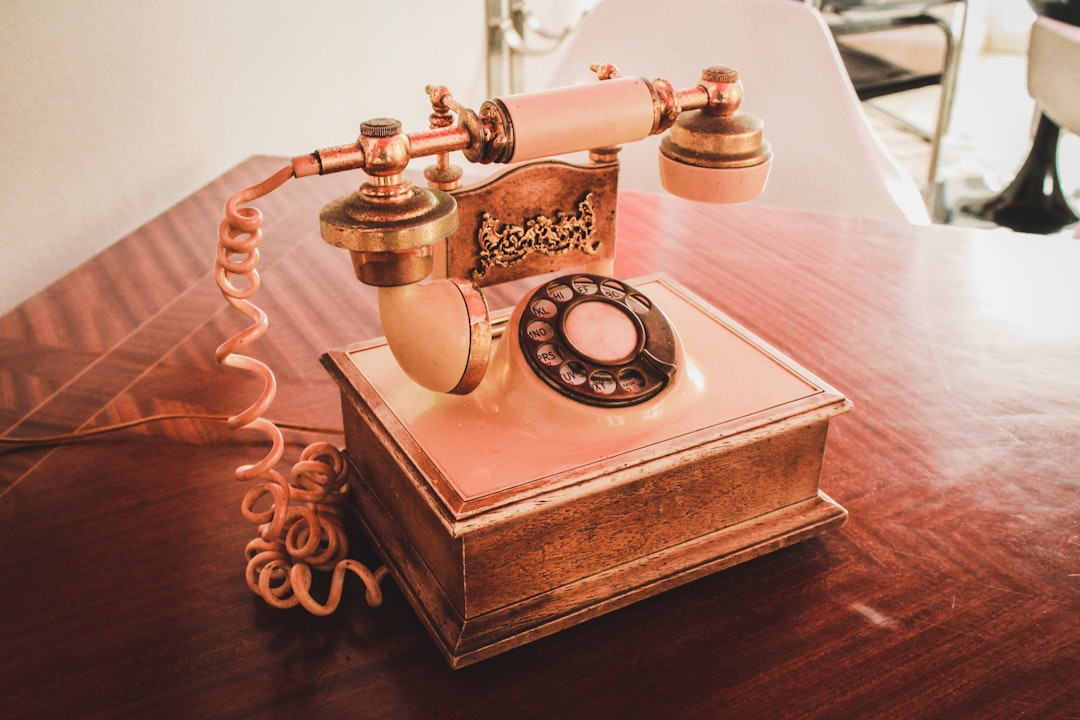
Ohio’s Do Not Call laws are designed to protect residents from unwanted telemarketing calls and sales pitches. As a result, there are specific regulations in place that govern how businesses can contact consumers. For individuals or companies seeking to avoid such calls, understanding these laws is crucial. If you’re wondering “what does do not call mean?”, it essentially refers to a registered preference not to receive phone calls for marketing purposes from any organization.
In Ohio, residents who wish to opt-out of telemarketing calls can register their numbers with the state’s Do Not Call list. This list restricts sales calls from businesses and organizations. Any lawyer or law firm advertising legal services through phone calls in Ohio must comply with these regulations, ensuring they only contact registered numbers when allowed under specific exceptions. For instance, a do not call lawyer in Ohio would need to follow these rules to respect the privacy of potential clients.
Who is Protected by These Regulations?

In Ohio, the protections under Do Not Call laws extend to all residents who have registered their phone numbers on the state’s official “Do Not Call” list. This list is designed to prevent unsolicited sales calls from various sources, including charities. Both individuals and businesses, especially those engaging in telemarketing activities, are required to comply with these regulations.
The restrictions are particularly relevant for those seeking legal advice or representation regarding Do Not Call issues. Anyone looking for a do not call lawyer Ohio, do not call attorney Ohio, or consulting a do not call law firm Ohio should be aware of their rights and the legal obligations of such entities. By understanding these protections, residents can ensure their privacy and take action if they feel their rights have been violated by persistent or unwanted calls from any do not call lawyers Ohio or do not call attorneys Ohio.
What Activities are Allowed Despite the Do Not Call List?

Despite the existence of the Do Not Call lists in Ohio, certain activities are still permissible for charities and non-profit organizations. Legitimate charitable solicitations can continue as long as they comply with state regulations. This includes phone calls from registered 501(c)(3) organizations, as well as those with proper authorization from the donor.
Charities may reach out to individuals on their lists through mail, email, or in-person visits, as long as the contact is made for charitable purposes and respects the individual’s right to refuse further communication. Additionally, certain types of automated calls, such as recorded messages, are allowed if the caller provides a clear and conspicuous opt-out method. Engaging with potential donors through these legal means can help ensure that your charity’s efforts remain effective while respecting the privacy and preferences of Ohio residents.
Legal Recourse for Violations: When to Consult a Do Not Call Lawyer in Ohio

If your rights under Ohio’s Do Not Call laws have been violated, you may have legal recourse. It is important to understand that while charities are allowed to make calls with certain restrictions, excessive or unwanted calls can still constitute a violation. If you’ve received harassing or intrusive phone calls from charity collectors, despite registering on the state’s Do Not Call list, consulting a Do not call lawyer in Ohio is a wise step.
These legal professionals specialize in navigating the complexities of consumer protection laws and can help determine if a charity has breached your rights. A do not call attorney Ohio or a reputable do not call law firm Ohio will assess the situation, gather evidence of the violations, and guide you on potential actions. This may include filing a complaint with regulatory bodies, seeking damages, or pursuing legal action against the offending organization.
